
In the modern world, obesity is becoming an epidemic. When one is obese, one is exposed to the dangers of diseases such as diabetes, insulin resistance, coronary heart disease, cerebrovascular disease, gout, gallstones, hypertension and sleep apnea. Obesity can also increase the risk of nonalcoholic fatty liver disease. Men with more than 25% body fat are considered to be obese. Women with more than 30% body fat are seen to fall into this category.
Information
Nonalcoholic fatty liver disease comprises a variety of liver diseases from fatty liver to cirrhosis. This condition is now attributed to insulin resistance, a condition closely related to obesity. In fact, the more obese one is, the greater damage will be done to the liver. About 29 million Americans have been diagnosed with this condition. The final stages of this disease can lead to liver failure, edema, venous bleeding and mental confusion. Those with cirrhosis of the liver are at an increased risk of developing liver cancer.
A common cause of liver failure is cryptogenic cirrhosis. It is now believed that many cryptogenic cirrhosis patients are in fact in the late stages of nonalcoholic fatty liver disease. It is predicted that liver diseases related to obesity will become the leading cause of liver failure and transplant.
Treatment
The primary focus of treatment for nonalcoholic fatty liver disease is weight loss. It has been found that even losing as little as 10% of ones weight can decrease the levels of harmful liver enzymes. Those who undergo stomach reduction surgery will experience further benefits with regard to the treatment of nonalcoholic fatty liver disease.
Some medications are also used in order to combat nonalcoholic fatty liver disease. Pioglitazone, rosiglitazone and metformin can all be used to control blood glucose levels in diabetics as well as harmful enzyme levels in those with nonalcoholic fatty liver disease. Some statin class drugs can help to decrease bad cholesterol levels. Some studies also suggest the benefits of ursodiol and vitamin E.
Despite the existence of such medications, the best way to combat nonalcoholic fatty liver disease is to lose weight. In many cases, this is easier said than done and will involve great effort on the part of the patient. Weight loss might also be beneficial with regard to the treatment if other liver-related diseases that are not directly connected to obesity. Weight loss is possible and should be the primary goal of those who suffer from nonalcoholic fatty liver disease.
- www.nhs.uk/conditions/non-alcoholic-fatty-liver-disease/
- medlineplus.gov/fattyliverdisease.html
- Photo courtesy of Centers for Disease Control and Prevention via Wikimedia Commons: commons.wikimedia.org/wiki/File:Obesity_county_level_estimates_2004-2010.gif


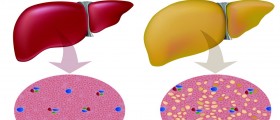

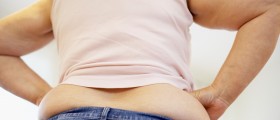

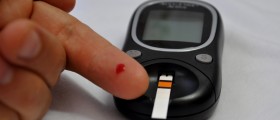


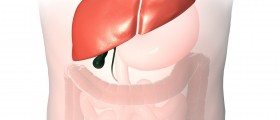


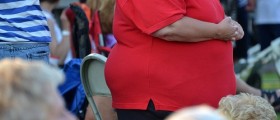


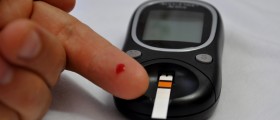
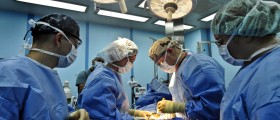
Your thoughts on this
Loading...